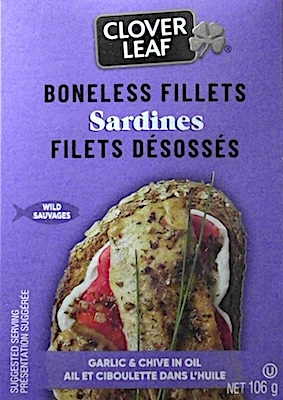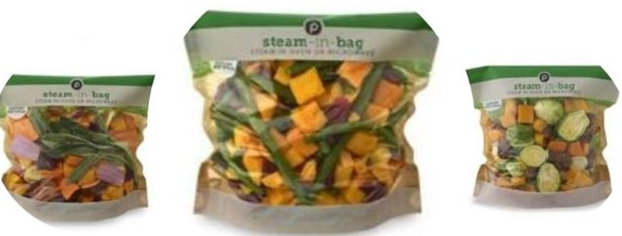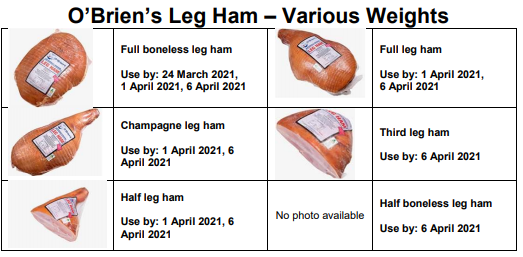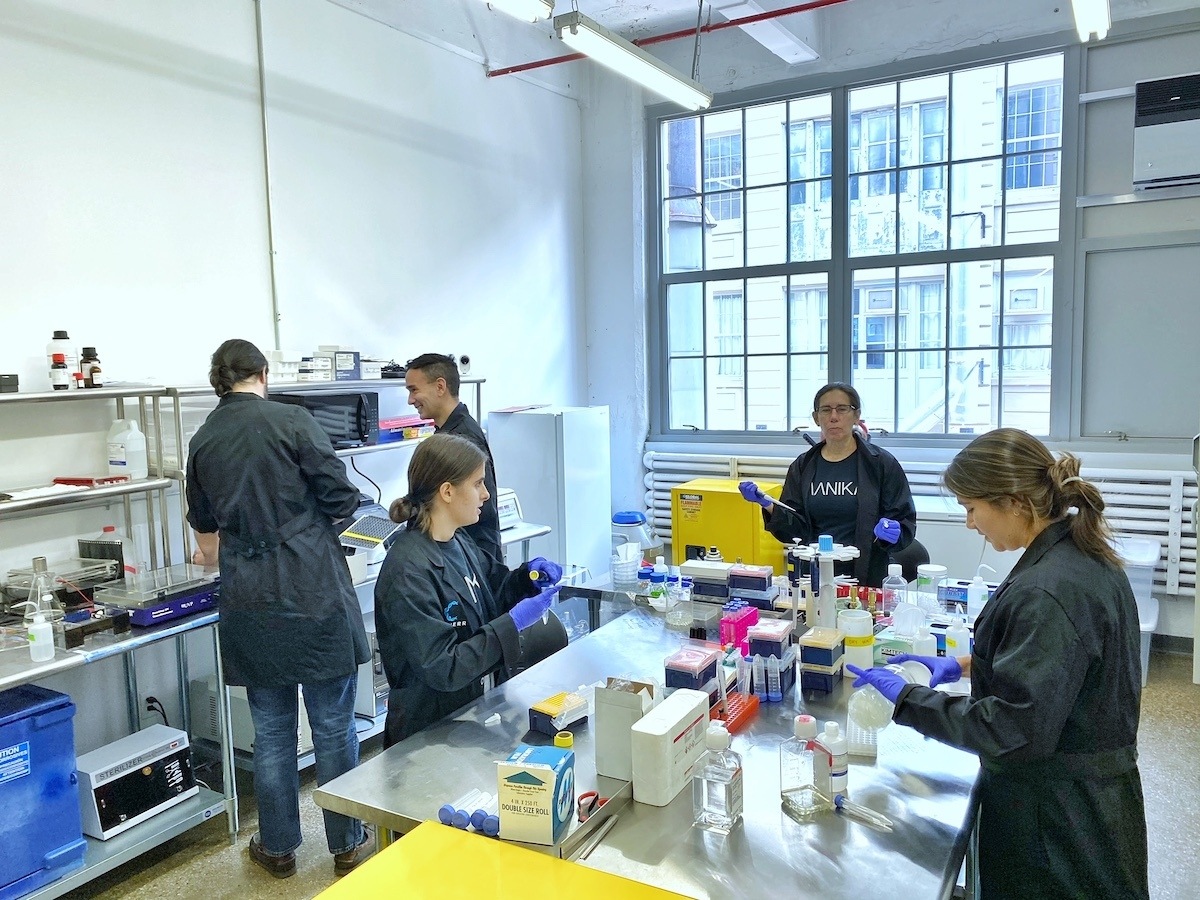The Canadian Food Inspection Agency (CFIA) announced that Clover Leaf Seafoods Corp. (Markam, Ontario and Blacks Harbour, New Brunswick) recalled two flavors of boneless sardines because they may permit the growth of Clostridium botulinum. The two products are Clover Leaf brand Sardines Boneless Fillets – Garlic & Chive in Oil and Sardines Boneless Fillets – Smoked Jalapeño in Oil. The company triggered the recall. No confirmed illnesses had been reported in connection with the recalled sardines. The sardines were sold in New Brunswick, Alberta, Newfoundland and Labrador, Nova Scotia, Ontario and Quebec, and possibly national. @ https://healthycanadians.gc.ca/recall-alert-rappel-avis/inspection/2021/74853r-eng.php
ruth
Clover Leaf Seafoods Corp. is recalling Clover Leaf brand Sardines Boneless Fillets – Garlic & Chive in Oil and Sardines Boneless Fillets – Smoked Jalapeño in Oil from the marketplace because they may permit the growth of Clostridium botulinum. Consumers should not consume the recalled products described below.
The FDA announced that Publix Super Markets, Inc. had initiated a voluntary recall on select Publix Steam In Bag products prepared in-store containing butternut squash as an ingredient. The recall over Listeria monocytogenes risk is tied to supplier Pero Family Farms Company, the butternut squash supplier. The recall impacts three products containing a specific butternut squash ingredient (include Publix Steam In Bag Green Bean Butternut Squash, Publix Steam In Bag Season Butternut Medley, and Publix Steam In Bag Butternut Brussel Pecan). To date, there have been no reported cases of illness. @ https://www.fda.gov/safety/recalls-market-withdrawals-safety-alerts/publix-steam-bag-product-recall
Publix Super Markets, Inc. has initiated a voluntary recall on select Publix Steam In Bag products prepared in-store containing a specific butternut squash ingredient. This recall is the result of notification of a recall for possible Listeria monocytogenes contamination from Pero Family Farms Compa
ruth
The Australian authorities announced that O’Brien’s Wholesale Meats Pty Ltd recalls O’brien’s Full Boneless leg of ham (various sizes) due to contamination with Listeria monocytogenes. The products have been available for sale at independent food retailers, including IGA and butcher shops in South Australia, Northern Territory, New South Wales, Victoria, and Foodlands in South Australia. The products involved are Full boneless leg ham, Champagne leg ham, Half leg ham, Full leg ham, Half boneless leg ham, and Third leg ham, with use-by dates in April 2021. O’Brien’s Wholesale Meats detected the bacteria during routine testing and is now working to remove any potentially affected product from the supply. The Department for Health and Wellbeing’s Acting Director, Food and Controlled Drugs Branch, Karen Ferres, said no Listeria cases had been reported to South Australia Health linked to the product. @ https://wwwhttps://www.productsafety.gov.au/recall/obriens-wholesale-meats-pty-ltd-obriens-leg-hams-various-weights
ruth
Aanika Biosciences has developed a technology that is claimed to be able to quickly identify the source of foodborne contaminations by using genetically engineered bacterial spores that attach to food. They insert to spores of Bacillus subtilis a DNA barcode that can be “scanned” to identify a food’s origin, down to a plot of land on a farm. The Bacillus is genetically engineered with a unique DNA barcode. The spores grown from the genetically engineered Bacillus can be added to water and attached to crops as they are being washed. The genetic barcodes within each spore can be “scanned” to identify where each plant came from. Researchers at Harvard Medical School took 18 different plants in a similar approach and sprayed each of them with bioengineered spores containing unique, genetic barcodes. A month later, the scientists were able to pinpoint the specific plant that each leaf came from. The challenge for Aanika’s technology will be to convince farmers and consumers to adopt the technology. While Bacillus subtilis is found in probiotic yogurts sold on the market, consumers might be worried about eating products containing such spores. Farmers will have concerns regarding adopting a new tracing technology, including privacy concerns and fears of food tampering by consumers. @ https://thecounter.org/bioengineered-spores-trace-foodborne-outbreaks-safety-experts-skeptical/amp/
In most cases, the source of an outbreak is never found. New biotechnology is promising, though food safety experts remain skeptical.




